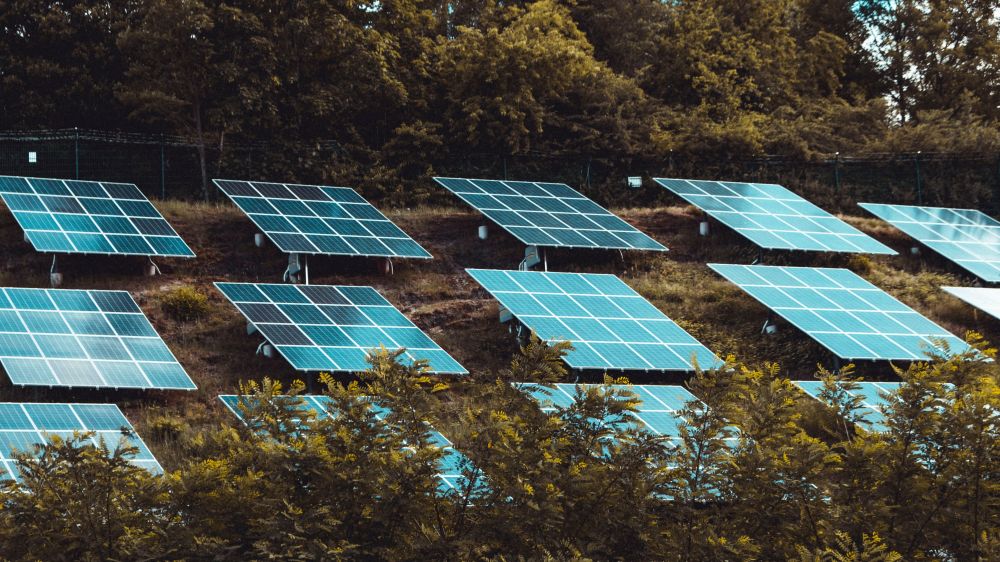The challenge of scaling up energy communities - EUSEW side event
26 Oct 21
On Friday 20 October 2021, COME RES came together with its ‘Horizon sister projects’ - COMETS, NEWCOMERS and SOCIALRES - for the online European Sustainable Energy Week side event, focusing on energy communities, their role in the energy transition and the challenges of scaling-up. It is clear that the energy transition will require a systemic change in society, and renewable energy communities have been showing great potential for the past two decades as a trigger of social innovation and citizen engagement in the energy field. Despite their formal recognition by the EU Directives 2019/944 and 2018/2001, the scaling-up to support a more decentralized and flexible Energy Union is, however, proving challenging. This multi-perspective session focused on different aspects of energy communities and explored the challenges connected to scaling them up in more detail.
Each project had the opportunity to provide their insights on the topic and share the results of their work with the audience. The COMETS project shared an overview of the challenges in scaling up collective action initiatives and common threads identified, such as access to grid, legal barriers, and access to financial schemes. The key takeaways included the need to address social justice issues, the fact that education and trainings help, and that the process of setting up community initiatives takes time. The NEWCOMERS project presented diverse possibilities for scaling up energy communities using their own case studies as examples. The project SOCIALRES, which aims to foster energy democracy through active collaboration between cooperatives, aggregators of renewable energy and crowdfunding platforms, presented the European Energy Social Innovation Platform and talked about the behaviour of the participants.
Stavroula Pappa (REScoop.eu) presented the COME RES project and its work in setting up stakeholder desks and supporting the development of renewable energy communities in nine European countries. She also explained the project’s focus on the transposition of the Renewable Energy Directive II (RED II) into national legislation and the creation of related enabling frameworks. As highlighted during the session, article 22(3) of the RED II urges member states to carry out an assessment of the existing barriers and potential for the development of renewable energy communities: no member states has done this so far.
The panel, which also included COME RES representatives Dr. Rosaria Di Nucci (Freie Universität Berlin) and Arthur Hinsch (ICLEI Europe), discussed the status of the RED II transposition in the member states and the bottlenecks they face. Dr. Rosaria Di Nucci pointed out there are different legal frameworks for the promotion of renewables, problems with local and social acceptance, information gaps - especially for the latecomers - and challenges in grid regulation and access to finance. Also the lack of one-stop-shop structures to advise citizens' initiatives willing to invest increases the perception of risk and of the gravity of the existing administrative barriers. As underlined by Di Nucci, this is where COME RES plays a key role in facilitating a policy dialogue, policy learning and transferring best practices: through this neutral forum, the project offers a space to discuss all these issues with a wide range of stakeholders and also with the authorities that are responsible for implementing the enabling framework.
Arthur Hinsch also highlighted the important role local authorities play in facilitating energy communities and more citizen engagement in the energy transition. From taking part themselves to providing the necessary space and even setting up inter-municipal energy communities and alleviating energy poverty through collective approaches, local authorities are already very active in this field. Nevertheless, their role should be further supported as part of a solid transposition process of the above mentioned Directives.
The event ended with the motivation to organize more synergistic events and workshops between the ‘sister’ projects that have a lot in common in terms of content and topics addressed, in order to have more elaborate discussions, share results and work towards the common goal of scaling up renewable energy communities in Europe.
Image: Moritz Kindler / Unsplash
All news
